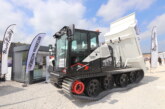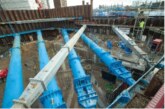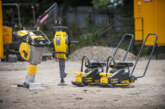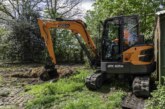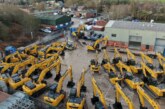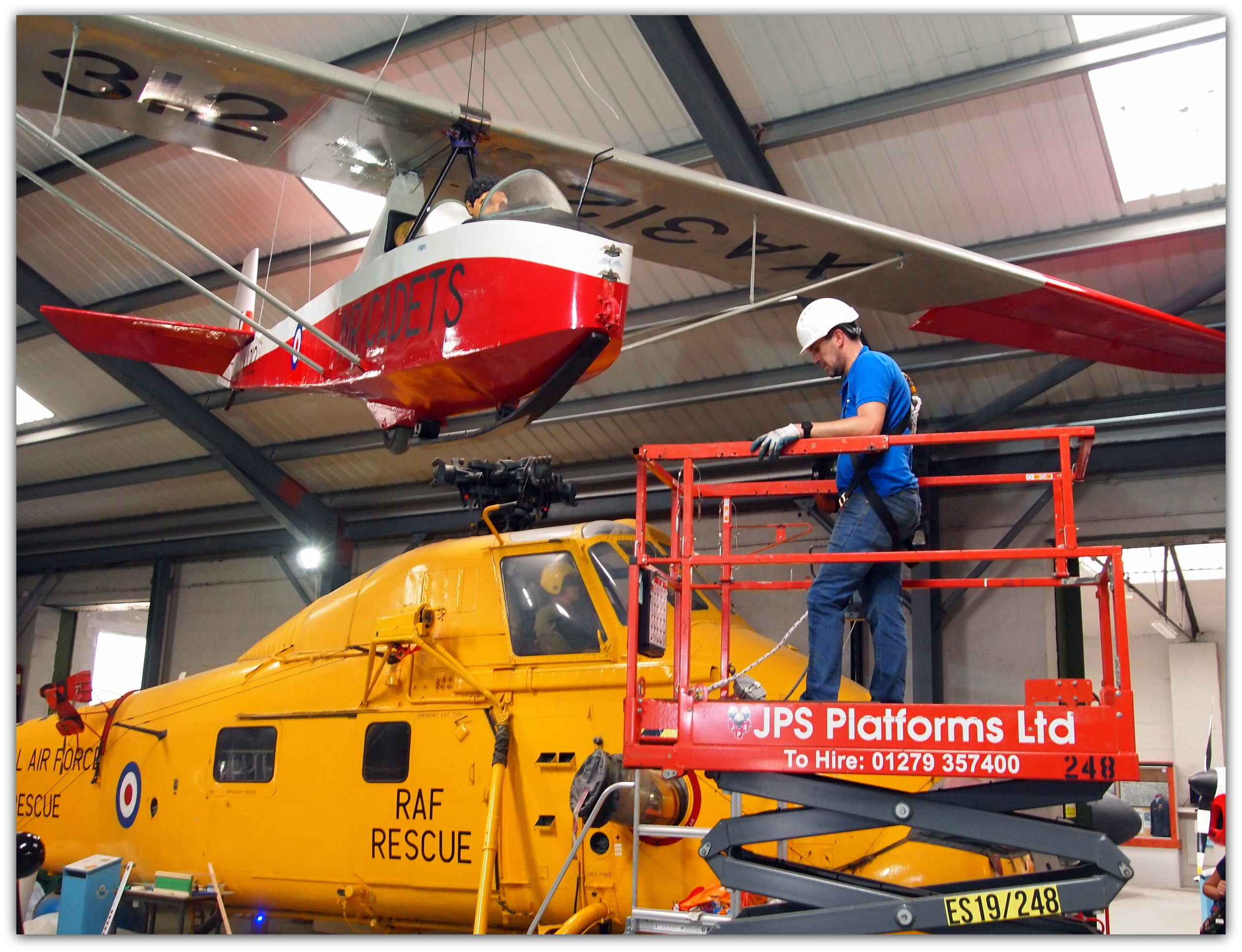
The only way is Essex, well it is when visiting powered access specialists JPS Platforms. CVW navigates its way to its rural location to find out more!
It was meant to be a move that would help accelerate business growth but JPS Platforms relocation to a new depot just outside Harlow, Essex ran into trouble immediately. Covid-19 reared its ugly head and suddenly directors Adam Hems and John Young were faced with a bit of a dilemma – how to run a business when staff were being asked to work from home. As it turned out, thanks to the introduction of various work protocols JPS managed to carry on seamlessly hiring out its range of powered access equipment. The construction industry, of course, hadn’t downed tools so the demand for lifts was still there.
“It was a bit of a strange time, to be honest,” recollects John. “Here we were with a new site, acres of space and a large fleet of machines and no-one initially to process orders, deliver and service equipment.”
From a tricky beginning JPS Platforms has embarked on building what Adam calls
“a modern hire business”. Today that sees the company operating two distinct divisions – powered access and welfare cabins – or Platforms and Group Services as they are officially known. It also has a nice niche tower installation business that complements the powered access side.
Its powered access fleet currently numbers 787 machines, 70% of which is electric, and the target is to reach 950 units. It encompasses a wide variety of lifts, 20% of which are electric scissor versions, as well as a slab scissor range which is particularly popular. Though JPS’ customer base is largely Southeast based, its membership of Access Link gives it further business opportunities to supply the rest of the UK.
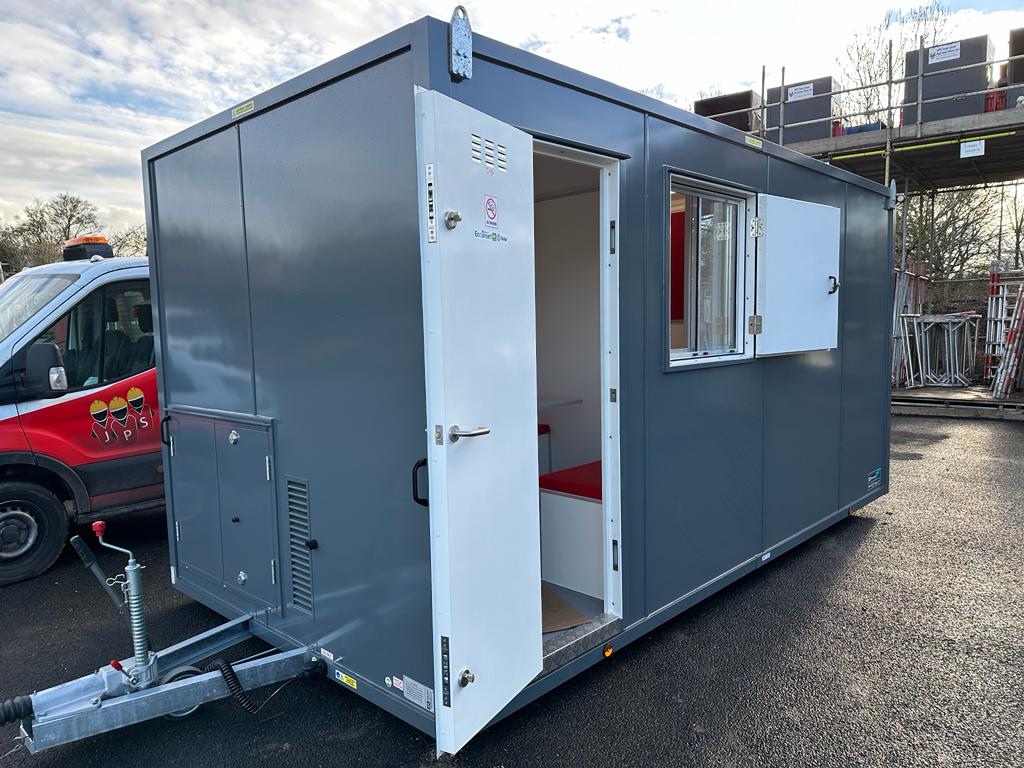 In order to promote its “modern” ethos, JPS replaces its powered access equipment after four years but in the interim services and maintains them with the utmost diligence. You might not think that lifts require much servicing, but John tells a different story of distressed machines including damaged batteries. To offset the expense of having to replace batteries, the company is exploring solar-powered charging. “Charging up lifts post-hire is not inexpensive, and you can’t recharge the customer for it. So, the only way to soften the blow is to look at cheaper methods of repowering machines and solar provides that,” explains John.
In order to promote its “modern” ethos, JPS replaces its powered access equipment after four years but in the interim services and maintains them with the utmost diligence. You might not think that lifts require much servicing, but John tells a different story of distressed machines including damaged batteries. To offset the expense of having to replace batteries, the company is exploring solar-powered charging. “Charging up lifts post-hire is not inexpensive, and you can’t recharge the customer for it. So, the only way to soften the blow is to look at cheaper methods of repowering machines and solar provides that,” explains John.
Thanks to its varied customer base, the powered access side of the business is weathering the slowdown in the construction industry and remains fully focused on the quality of its service provision which John believes is crucial. “Service is what sets us apart and it’s something we work really hard on achieving. From initial enquiry to the order, to delivery and collection, we are striving for customer service excellence.”
With its powered access division established and on the up, the other side of the business, Group Services, is a fledgling concern in comparison. Even so it has big plans, and they are built around welfare cabins, but not any welfare cabins – these are the Rolls Royce of cabins.
Under Adams’ direction welfare has definitely moved upmarket. No more drafty Portacabins for those on site; now workers, engineers and managers can enjoy personal office space, canteen facilities, connectivity and great loos!
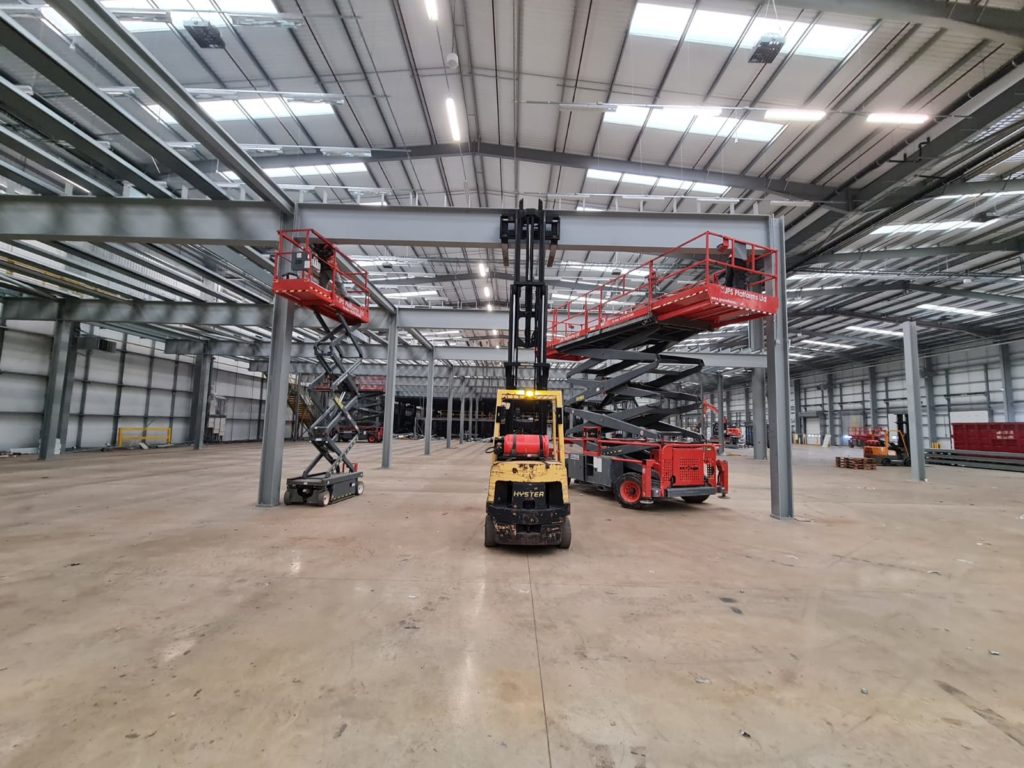 “It was really time to re-evaluate the welfare cabin and try to discern what purpose it needed to serve on modern-day construction sites or any site for that matter,” says Adam. “Also, we needed to factor in the whole environmental and sustainability question, in terms of how we powered them, and increasing longevity and service life.”
“It was really time to re-evaluate the welfare cabin and try to discern what purpose it needed to serve on modern-day construction sites or any site for that matter,” says Adam. “Also, we needed to factor in the whole environmental and sustainability question, in terms of how we powered them, and increasing longevity and service life.”
The net result is a range of cabins in three sizes – 16, 20 and 23ft – which are solar hybrid, fully equipped with telematics for weekly reporting on things like fuel and water consumption and hugely functional as work and rest spaces.
“It wouldn’t be too bold a statement to say that these cabins are unique,” says Adam.” They are high-value units that attract high-value clients. For instance, archaeology is big market for us. Also, clients like the fact that they are perfect for multi-site operations, allowing a real-time overview of the whole estate.”
Though they may be high value, the units are cost-effective to run, achieving a typical saving of £120 per week on fuel costs thanks to the built-in generator unit that can run on HVO or other biodiesels and is programmed to run for only 15 minutes per demand.
“Though it’s early days, we are commissioning more cabins to cope with demand,” concludes Adam. “Clients are more aware of the needs of site personnel and the challenge of working in a more environmentally conscious way. Our welfare cabins are helping on both counts.”


